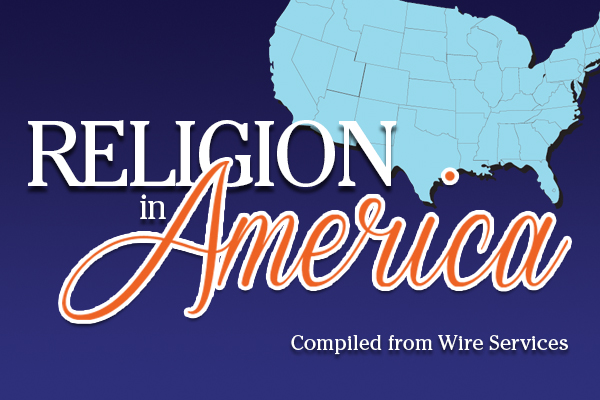Despite almost two years of opposition efforts by Alabama Citizens Action Program Executive Director Dan Ireland, a state lottery won approval in Tennessee Nov. 5.
Voters in North Dakota also approved the implementation of a state lottery, and in Arizona voters passed a measure to extend the state lottery for 10 more years. They also passed one of three referendums to expand gambling on reservations.
Iowa voted to renew casino gambling for the next eight years, Idaho voted to allow slot machines on Indian reservations.
Fifty-eight percent of Tennessean voters — or 893,646 — cast ballots to remove the lottery prohibition from the state constitution, compared to 658,543 (42 percent) who voted to keep the state gambling-free.
However, the lottery actually won by only 59,066 votes. Efforts to amend the state constitution require 50 percent plus one of the votes cast in the governor’s race. According to the latest unofficial election results printed in the Nov. 6 issue of The Tennessean, the total votes cast in the governor’s race numbered 1,669,158. The referendum needed 834,580 votes to be approved. Only 1,552,189 votes were cast on the lottery referendum, meaning that 116,969 people who voted for a governor chose not to take a stand on the lottery issue.
Of the state’s 95 counties, the lottery was defeated in 14 of them. As expected, the lottery carried all of the major metropolitan areas in the state by a wide margin.
The change in the state constitution will authorize, but not require, the General Assembly to establish a lottery.
Under the amended constitution, the lottery would pay for college scholarships for qualifying students, with any remaining revenues going to construction and technology projects in K–12 schools and to early-learning and after-school programs.
Tennessee, Utah and Hawaii had been the only states without any form of legalized gambling.
In North Dakota, 64 percent of voters agreed to direct the legislative assembly to authorize the state to join a multi-state lottery. Seventy-three percent of Arizona voters supported the extension of the state lottery for another decade.
“The results of [the Nov. 5] votes on state lotteries reveal that the lottery-gambling domino effect started by New Hampshire in 1963 continues to take its toll,” said Barrett Duke, vice president for research for the Southern Baptist Ethics and Religious Liberty Commission (ERLC). “What [people] don’t realize yet is that by embracing the serpent rather than holding it at arm’s length they will receive a much more deadly bite when lottery mania has finished its path of destruction.”
Tom Grey, spokesman for the National Coalition Against Legalized Gambling (NCALG), said the fact that three states voted to either implement or continue a state lottery should be put in perspective. In the past legislative year, during difficult economic times, 20 states chose not to expand gambling either through legislative action or inaction.
By Grey’s assessment, three states supporting a lottery should be viewed next to legislative decisions in eight states rejecting slot machines at existing racetracks, seven states rejecting proposals to either bring casinos into the state or add to the numbers already there, four states rejecting legislation to implement a lottery and one state ruling out a lottery based on its conflict with the state’s constitution.
Grey noted the importance of gubernatorial races because gambling opponents must not only stop gambling supporters but also the governors who bring them in. He said the Nov. 5 election resulted in several pro-lottery governors being placed in office, and that will be a problem in the coming years when they have had time to support gambling in their states.
In Iowa, voters registered their support for casino gambling at the state’s riverboats and racetracks for the next eight years.
In Idaho, 58 percent of voters supported allowing Indian tribes to continue to operate the types of video gambling machines currently used by the Indian gambling facilities.
According to Focus on the Family, video gambling devices are the most addictive form of gambling and are especially problematic for the tribes involved because studies indicate that the rate of gambling problems among Native Americans is significantly higher than among the general population.
In Arizona, voters defeated an initiative to expand gambling on Indian reservations for an indefinite number of years to include more slot machines, more table games like blackjack and more facilities. Only limited revenue sharing and regulatory oversight would have been granted to the state, and the tribes would not have been required to disclose information to the state regarding gambling revenues and what those revenues are used for on the reservations.
Arizona voters also defeated a measure that would have legalized off-reservation gambling to permit slot machines at racetracks. Also under the measure, gambling at reservations would be expanded significantly and both the racetracks and tribal casinos would be required to share a limited amount of gambling revenue with the state.
In a third initiative regarding Native American gambling in Arizona, voters appear to have narrowly passed the expansion of on-reservation gambling for at least 23 years with a limited amount of revenue to be shared with the state. Tribes will not be required to disclose information to the state about their gambling revenues and their use. (BP)





Share with others: